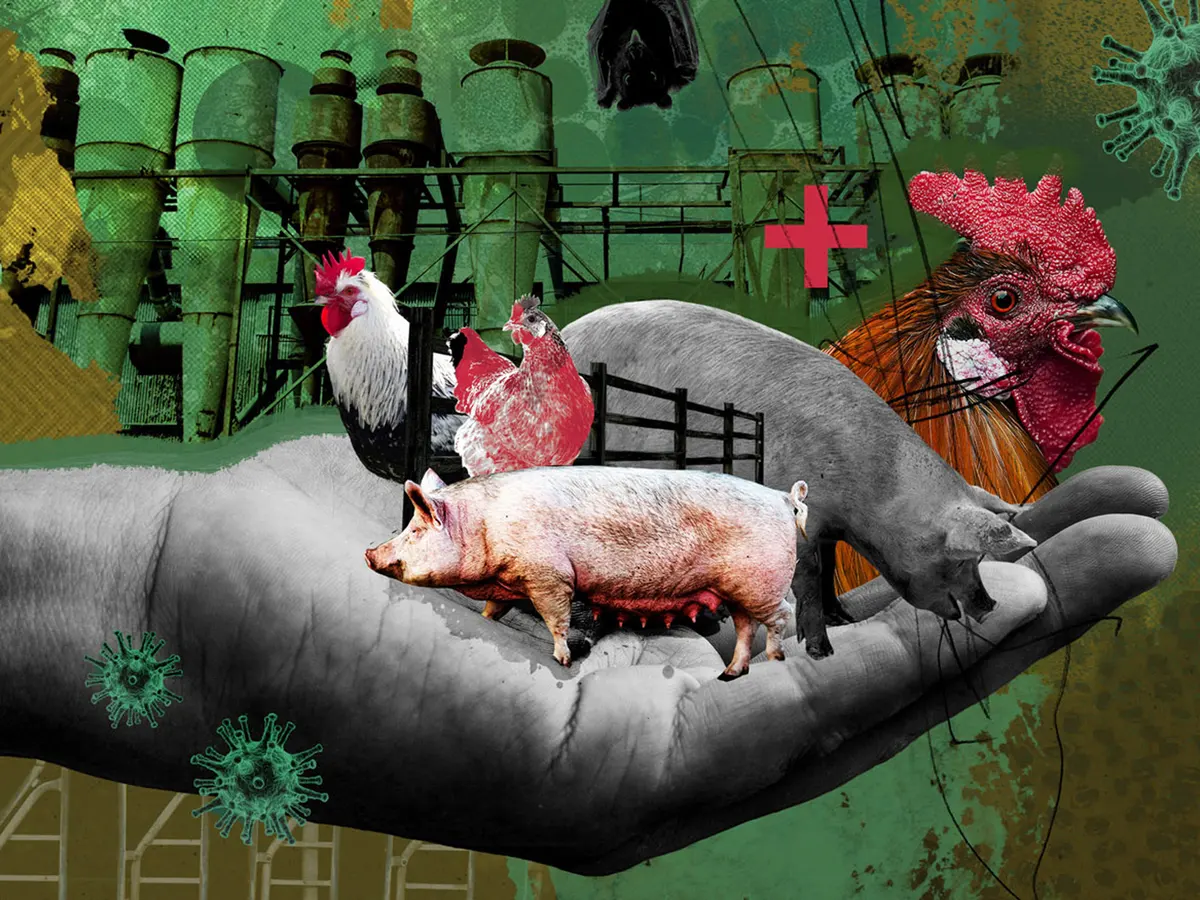This category explores how local communities are directly impacted by industrial animal agriculture and broader animal-related systems. From factory farms polluting rural air and water to the economic pressures placed on small-scale farmers, the effects of these industries often hit hardest at the community level. Environmental degradation, public health concerns, and social disruption frequently follow the introduction of large-scale animal operations—particularly in underserved or marginalized regions where communities may lack the power or resources to resist harmful practices.
Beyond environmental and economic impacts, this section also examines the cultural and social implications of animal exploitation within local settings. Around the world, local groups are pushing back—mobilizing for environmental justice, demanding transparency, and reimagining food systems grounded in sustainability and animal respect. This section celebrates these acts of resistance and renewal, examining how empowering local voices can disrupt harmful industries and inspire collective change.
By uplifting grassroots efforts and amplifying the voices of those directly affected, this category emphasizes the importance of community-led change. It highlights how local knowledge, lived experience, and collective action can expose injustice, challenge harmful systems, and foster more humane, sustainable relationships between humans, animals, and the environment. In centering local communities, we uncover not only the harm they face—but the hope and solutions they cultivate.
Factory farming has reshaped the way meat and dairy are produced, prioritising quantity over quality. However, this industrialised system comes with significant health risks for consumers, including exposure to antibiotic-resistant bacteria, hormone disruption, and foodborne illnesses. The environmental toll is equally alarming—pollution, deforestation, and biodiversity loss are just some of its damaging effects. Ethical concerns also loom large as animals endure inhumane conditions for profit-driven efficiency. This article examines the dangers tied to factory-farmed products and highlights sustainable choices that support both personal health and a healthier planet

















































